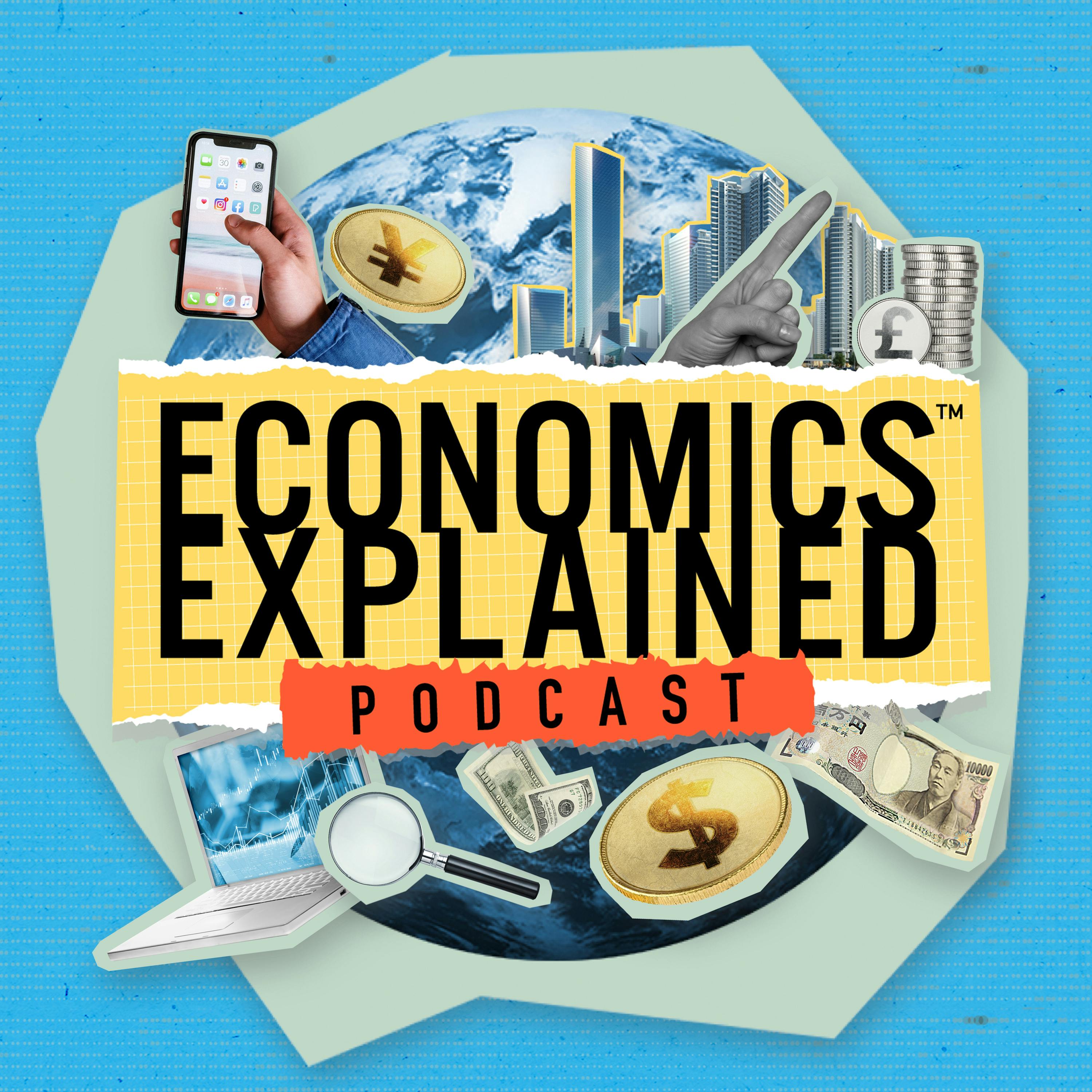We can't find the internet
Attempting to reconnect
Something went wrong!
Attempting to reconnect

Access AI content by logging in
Workers today are amongst the hardest worked individuals in history, while simultaneously being the most efficient.
Sure, they have traded in grueling factory floors and coal mines for air conditioned offices so they probably don’t get quite as much sympathy as their industrial revolution contemporaries but the world today is marred by different challenges.
Hustle culture and the glorification of roles like surgeons, investment bankers, and corporate lawyers have set a precedent of on-call all the time, under the guise of professionalism or being a team player.
Expectations and key performance indicators are increasingly monitored, scrutinized, and increased year on year.
Now the discussion around overworking is not a new one, but it tends to focus on the mental health implications of this reality rather than the economic impacts.
Now we are going to be leaving that aspect of this discussion to the side for this video and instead focus just on the economics of the overworked world.
Partially this is because there are many people far more qualified to talk about mental health and partially because well, sometimes for things to get changed it needs to make economic sense for them to be changed.
So the health implications of 100 hour weeks aside, we really only need to answer one question.
Does people working longer and harder make for a more prosperous economy?
